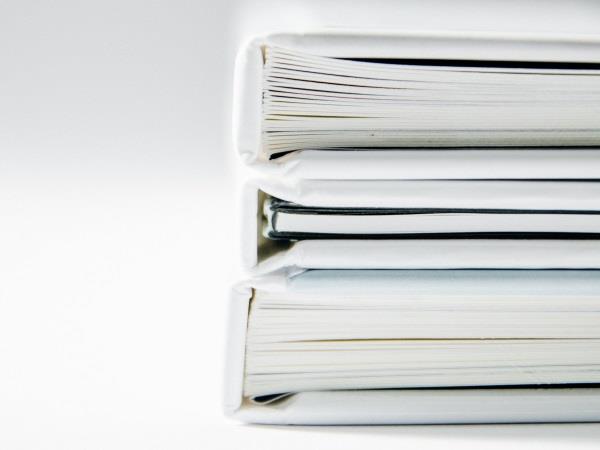Photo: Beatriz Pérez Moya on Unsplash.
A team of writers are crowdfunding to find out just that.
The First Nations and People of Colour Writers’ Count intends to be the first in-depth quantitative survey of how First Nations and People Of Colour (FNPOC) voices are represented in the Australian publishing industry. The campaign has currently raised over $14,000, with only 8 days left to make up more than 60% of its funding target.
‘There is a distinct lack of statistical research in this area,’ says Dr Natalie Kon-yu, one of the academics behind the FNPOC count. Kon-yu has been researching the whiteness of Australian publishing for several years, and previously worked as a research consultant for the Stella Count which focuses on gender.
Data from elsewhere in the Anglophone world shows drastic under-representation for Black, Latinx and Native authors in the US and writers from Black, Asian and minority ethnic backgrounds in the UK, writes Hella Ibrahim in Djed Press, an online publication that works exclusively with and publishes people of colour. Even as diverse stories grow in popularity and influence, non-white writers are being overlooked, or confined to certain genres.
‘Modelled on the Stella Count, the first FNPOC count would confirm the number of books by First Nations and POC writers published in 2018,’ says Kon-yu. The team intends to use a combination of Nielsen BookScan data (which tracks all books published in Australia), author surveys, and culturally appropriate identification processes to examine all fiction and non-fiction books published in 2018.
As well as Kon-yu, the executive team includes Professor Tony Birch, Dr Ambelin Kwaymullina, Dr Tresa LeClerc, Rebecca Lim, and Alison Whittaker, and they will be supported by an administrative team including Djed Press Editorial Director Hella Ibrahim, Footscray Community Arts Centre Creative Producer Jasmeet Sahi, Readings Digital Marketing Manager Jackie Tang and freelance journalist Marisa Wikramanayake. The research is expected to take up to a year, with results to be published in Djed Press and Peril, an online magazine of Asian Australian arts and culture.





